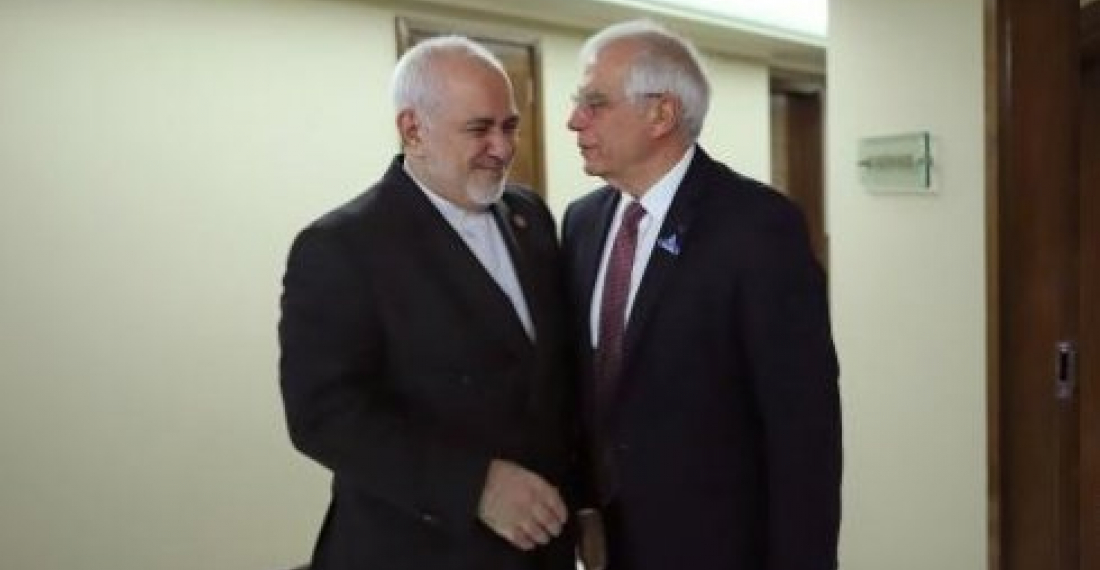Ожидается, что верховный представитель Европейского Союза по внешней политике и политике безопасности Джозеп Боррелл в понедельник, 3 февраля, посетит Тегеран, согласно информации, опубликованной пресс-секретарем МИД Ирана Сейедом Аббасом Мусави со ссылкой на информационное агентство Tasnim.
Следуя по стопам своих двух предшественников, Кэтрин Эштон и Федерики Моргерни, Боррелл лично и полностью участвует в «ядерном досье Ирана», и этот визит рассматривается ЕС как попытка спасти ядерное соглашение 2015 года между Тегераном и остальным миром.
Президент США Дональд Трамп в мае 2018 года в одностороннем порядке расторг договоренности и вновь ввел санкции в отношении Ирана.
Пять оставшихся сторон соглашения - Великобритания, Франция и Германия, а также Китай и Россия - обязались поддерживать соглашение, но Тегеран постепенно сократил свои обязательства по соглашению.
Боррелл сказал иранскому министру иностранных дел Моханмеду Джаваду Зарифу на их первой встрече в Дели, 16 января, что соглашение является «важным, как никогда прежде», учитывая растущую напряженность на Ближнем Востоке. Европейский Союз выступает в качестве координатора международного сообщества в их переговорах по ядерному соглашению с Ираном, и визит Боррелла, в начале его пребывания на посту главы дипломатии ЕС является признаком того, что ЕС хочет сохранить главную роль в переговорах, несмотря на то, что соглашение находится под угрозой срыва.
источник: commonspace.eu по материалам агентств
фото: Верховный представитель ЕС Боррелл и министр иностранных дел Ирана Зариф на встрече в Нью-Дели, 16 января 2020 года (фотография из архива)






